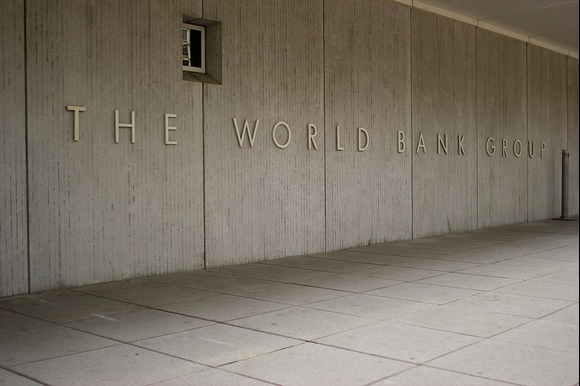The World Bank on Tuesday projected that global commodity prices will drop by 12% in 2025 and another 5% in 2026, reaching their lowest inflation-adjusted levels of the decade. The forecast, released in the institution’s latest Commodity Markets Outlook, attributes the decline to weakening global economic growth and increasing trade disruptions.
According to the report, real-term commodity prices are expected to return to their 2015–2019 average, signaling the end of a surge driven by the post-pandemic recovery and Russia’s 2022 invasion of Ukraine.
While falling prices may ease short-term inflationary pressures—especially in light of rising U.S. tariffs and escalating global trade barriers—they could negatively impact commodity-exporting developing countries. These nations, which make up two-thirds of developing economies, have benefited from high commodity prices in recent years.
“We’re now experiencing the most volatile commodity markets in over 50 years,” said World Bank Chief Economist Indermit Gill. “The mix of low prices and high volatility spells serious trouble for developing economies.” He advised these countries to open up trade, restore fiscal stability, and foster private investment through more business-friendly policies.
The report notes that energy prices, which significantly contributed to global inflation in 2022, have since dropped, helping moderate inflation in 2023 and 2024. It forecasts a 17% drop in energy prices in 2025, followed by another 6% decline in 2026, bringing them to their lowest in five years.
Brent crude oil prices are expected to average $64 per barrel in 2025—down $17 from 2024—and fall further to $60 in 2026, due in part to robust supply and reduced demand spurred by China’s rapid electric vehicle adoption. Brent was trading at $64.80 per barrel early Tuesday.
Coal prices are projected to decline 27% in 2025 and 5% in 2026 as growth in coal usage slows in developing countries. Food prices are also set to drop by 7% next year and 1% in 2026. However, the World Bank cautions that these declines are unlikely to alleviate food insecurity in vulnerable nations, where aid is diminishing and conflicts continue to exacerbate hunger.
Meanwhile, gold prices are expected to hit record highs in 2025 as investors seek safe-haven assets amid growing economic uncertainty. The report predicts prices will stabilize the following year.






